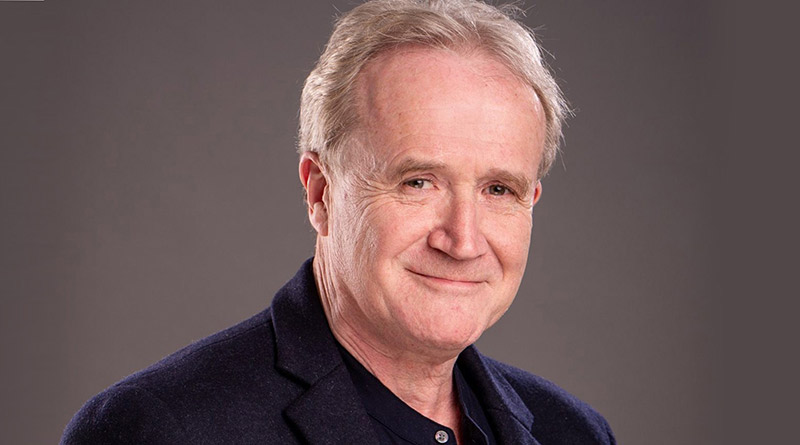Social Care “Has Waited Long Enough For Change”
CAMPAIGNERS are calling on the main political parties to ‘be brave’ and include reform of social care alongside NHS changes in their General Election manifestos.
They say the parties must promise bold and urgent action and deliver on that pledge, unlike previous administrations.
The call comes amidst a slew of new information painting a bleak picture of the state of social care.
The social care provider organisation, The Independent Care Group (ICG) says the sector has waited long enough for change.
ICG Chair Mike Padgham said: “We expect that the main political parties will be working on their manifestos, and we appeal to them to include reform of social care – for the sake of those people who cannot get care and the thousands more who are joining them each day.
“Decades of under-funding, neglect and broken promises have left social care on its knees, with care and nursing homes and homecare providers closing down, leaving more and more people without care. We need bold action, now.”
New research by the charity Hft and Care England reveals that 40% of adult social care providers were in deficit in 2023. Some 43% closed services or handed back contracts; 18% offered care to fewer people and 39% considered exiting the market altogether.
And the latest figures from the sector’s regulatory body, the Care Quality Commission reveal that at the end of 2023 there were 518 fewer care homes in England than at the same time the previous year – a loss of 14,169 beds.
“Now rising costs, including the cost of implementing a bigger than expected increase in the National Living Wage, will heap further pressure on providers,” Mr Padgham added.
“We appreciate that commissioners, especially local authorities, are facing financial difficulties, but they will have to dig deeper this year and pay a fair price for the care they commission, otherwise more and more providers will leave the sector and there will be even less care to go around.
“Reports that the General Election is being delayed until the autumn are a body blow. We cannot wait until the autumn for action we need to see change now.”
The ICG is dismayed at a lack of mention of social care by the main parties, despite pledges to improve NHS healthcare. In its latest mission document, ‘Let’s Get Britain’s Future Back’, the Labour party doesn’t mention social care despite having three full pages on NHS reform. At the party conferences last autumn, only the Liberal Democrats addressed social care, promising free social care and a real living wage for care workers.
Mr Padgham said: “Promises of reform for NHS healthcare are worthless unless they are matched by improvements to the social care sector. The two go hand in hand.
“For example, we are seeing now that thousands of people are stuck in hospital beds, contributing to increased NHS waiting lists and delayed operations, because there is a lack of social care to look after them when they are discharged.
“Investing in social care will ease that pressure on the NHS. In turn, a penny spent on social care will be a penny saved for the NHS.”
The ICG wants to see fresh thinking on social care reform, the creation of a National Care Service and better funding into the sector so that social care workers can be properly paid.
The sector currently has around 152,000 vacancies, which is having a critical impact on the amount of care that is delivered. At the end of last year, the Government announced measures that would limit the sector’s ability to recruit from overseas.
“We need to create a new social care narrative – one that promotes the profession as a rewarding, attractive and properly paid career, an attractive place to work and build a career,” Mr Padgham added. “Reforming social care is an opportunity to go down in history as the government that created a new era of care for older and vulnerable adults – meeting the needs of those 2.5m people over 50 who currently can’t get care; boosting the 1.6m people who work in the sector and adding to the £55.7bn contribution the sector makes to the economy – in the process.
“It is likely to take two terms of government before we can return social care to an even keel, so we need work to begin straight away. The number of people aged over 65 will rise from 10.5m to 13.8m by 2035 and we will need an extra 480,000 people in the social care workforce to provide care to meet extra demand. We have to start planning for that and we have to start doing so now.”






